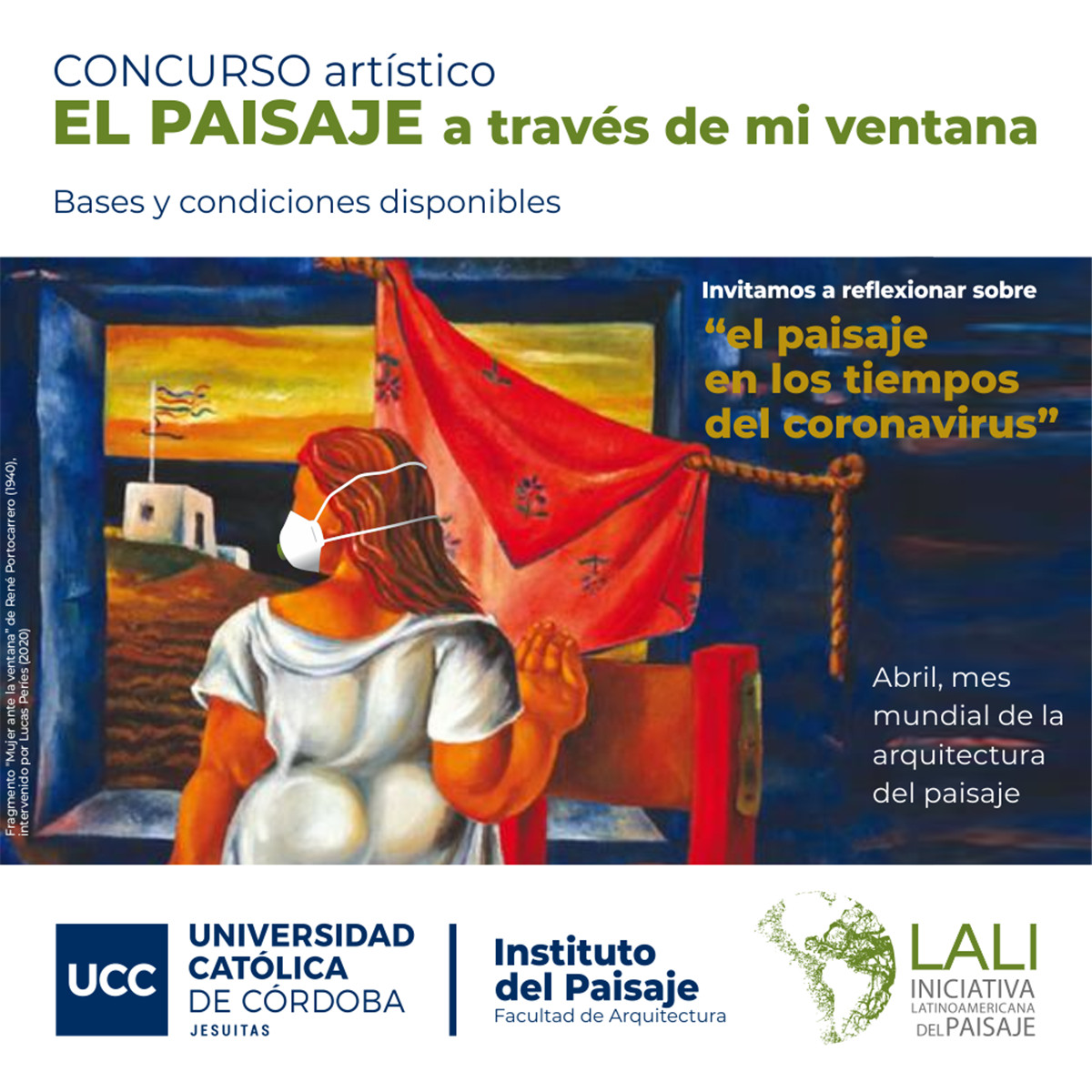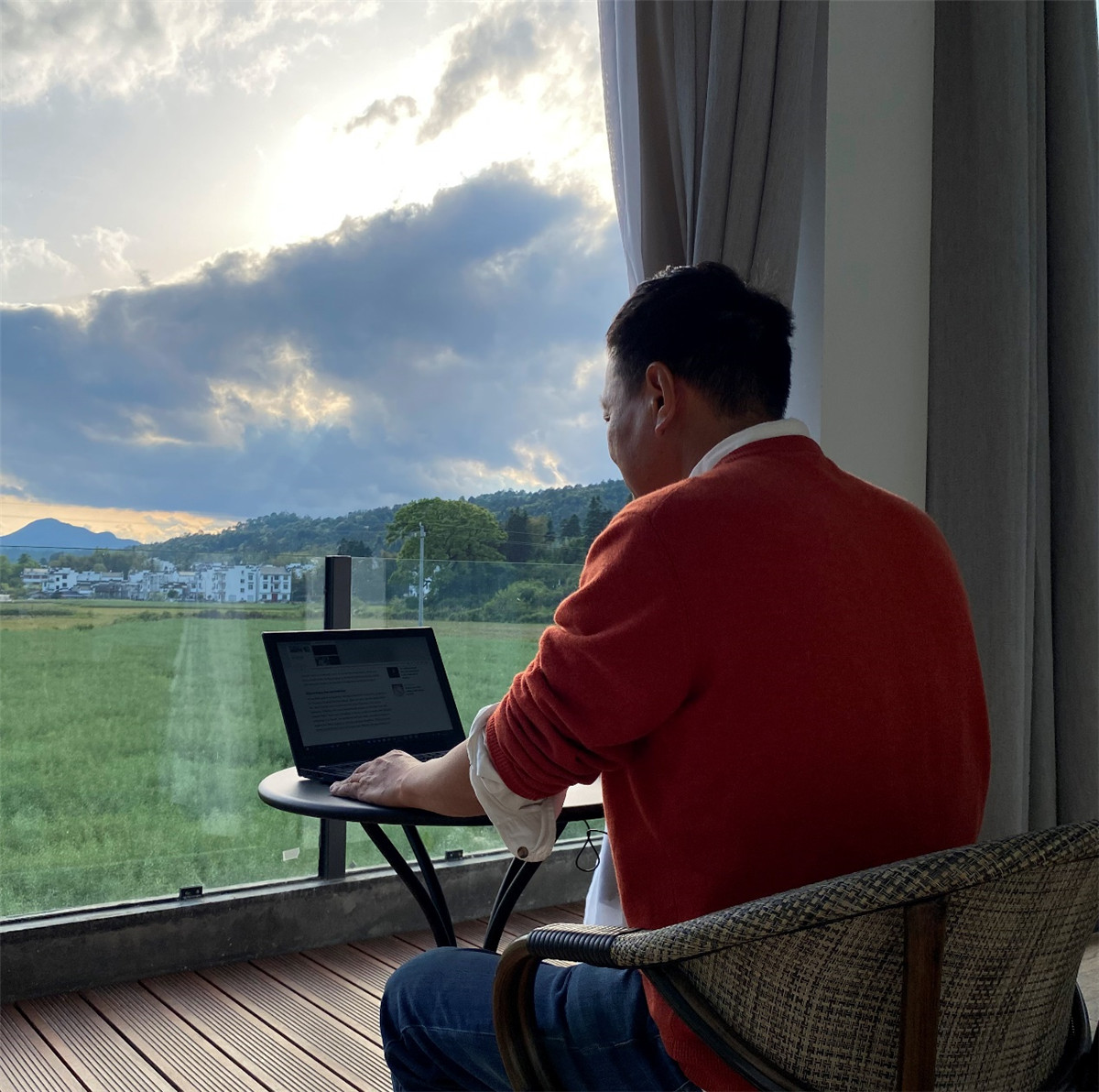Kongjian Yu:The Landscape through my window


A seemingly surreal landscape through my window, an ancient village in harmony with nature, is actually a real landscape that has been here for over a thousand years. Being on lockdown in a remote village in Wuyuan, Jiangxi Province, has led me to realize that the ways we have lived in cities bin the past is utter nonsense.
We know that the COVID-19 pandemic is not the first of its kind, nor will it be the last. Yet there is much to reflect on this time — more than ever before. To me, the most important realization is about the relationship between nature and humankind:
This pandemic is teaching us just how arrogant we were to ever imagine that we had nature under our control. Nature’s true power is beyond both our senses of perception and our imagination. Scientists tell us that there are more viruses on the planet than stars we see in the sky. This is why we need be humble before nature.
This pandemic is also teaching us that so many of the deeds of which we’re most proud are, in fact, utter nonsense. The skyscrapers, the grandiose monuments, the huge expanses of cities, and the impenetrable fences and walls that we built to hold back nature have revealed themselves to be cells that actually lock us in.
This pandemic is also teaching us how hard it is to be separated from nature. For millions of residents under lockdown in cities, the ability to be in a natural landscape is suddenly a priceless luxury. On the first day that the Anhui provincial government ended its lockdown, Yellow Mountain — one of China’s most iconic landscapes — was packed with visitors seeking a fresh breath of air in a natural landscape. The next day, the government was forced to close the mountain again because of the fear of a resurgence of COVID-19. More than ever, we are realizing that we cannot afford to lose nature and we cannot bear to be separated from the natural landscape.
This pandemic has put an especially fine point on an abiding challenge for landscape architects: How do we keep a respectful distance from nature in order to protect it, while also maintaining the kind of connection we need for emotional and physical sustenance, and — from a purely self-interested standpoint — to harness and enjoy nature’s life-giving services?
As I write this in mid-April, COVID-19 has killed more than 150,000 people in every corner of the globe, the vast majority of them our parents’ and grandparents’ generation. My comrade and friend Michael Sorkin, a globally respected urbanist and architect, is just one among them, and his passing brings me deep sorrow. No one knows what the ultimate toll will be, but we all know that the world will never be the same. Let us all think hard about how to make that world a place where we, and our children, and their children, can strike a new balance with nature to honor the memories of our older generations, so many of whom have perished in the recent months.
From:LALI
